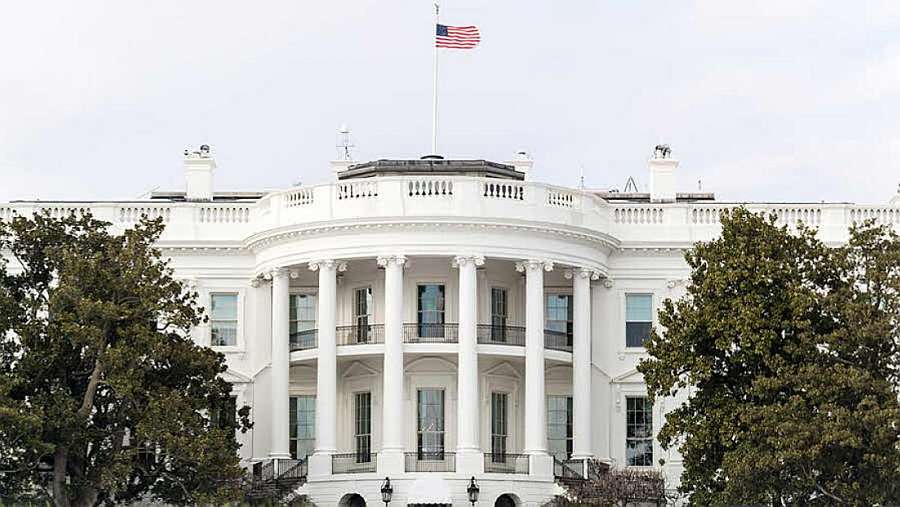White House Issues Core Principles for Big Tech Reform
Points to concentration of power that can wreak real-world harms

The smarter way to stay on top of the multichannel video marketplace. Sign up below.
You are now subscribed
Your newsletter sign-up was successful
The Biden Administration signaled it wants major reforms of a tech industry the White House said clearly needs "rules of the road" given its capacity to "divide us and wreak serious, real-world harms."
Those would include limits on targeted advertising, data collection, and antitrust guardrails on the biggest players.
"A small number of dominant Internet platforms use their power to exclude market entrants, to engage in rent-seeking, and to gather intimate personal information that they can use for their own advantage," the White House said following a "listening session" on "tech accountability" Thursday (Sept. 8).
In Thursday's "listening session," numerous White House officials including policy advisor Susan Rice and Alondra Nelson, head of the Office of Science & Technology Policy, heard from various outside entities including Mozilla CEO Mitchell Baker and Alexandra Reeve Givens, president of the Center for Democracy and Technology.
After giving tech platforms their due for being a marketplace of ideas and commerce, the session participants clearly focused on the evils of Big Tech. "The rise of tech platforms has introduced new and difficult challenges, from the tragic acts of violence linked to toxic online cultures, to deteriorating mental health and wellbeing, to basic rights of Americans and communities worldwide suffering from the rise of tech platforms big and small," the White House said.
Clearly, the takeaway was that Big Tech, for all its upsides, was a threat that needs regulatory oversight, including given the concentration of power in a few mega-companies--like Google and Amazon and Twitter, though no names were called out in the readout of the session the White House provided.
Following the meeting, the White House released what it called its core principles for Big Tech reform.
1. "Promote competition." The Administration said that "a small number of dominant Internet platforms use their power to exclude market entrants, to engage in rent-seeking, and to gather intimate personal information that they can use for their own advantage."
To combat that, it said, Congress should pass antitrust legislation targeting Big Tech and providing "clear rules of the road" to make sure smaller companies can compete.
2. Robust privacy protections. The White says there need to be clear limits on the collection, use and storage of personal information, particularly sensitive info, and limits on targeted advertising.
3. Requiring platforms to prioritize children's safety and wellbeing over profit in how they design their products.
4. Remove the Sec. 230 protections for social media content moderation that "broadly shield them from liability even when they host or disseminate illegal, violent conduct or materials."
As the White House points out, President Biden has long called for Sec. 230 reform. Actually, he has long called for its revocation entirely.
5. Increase logarithmic transparency--how platforms decide what content to display where--and protect against the use of algorithms to discriminate against protected groups "such as by failing to share key opportunities equally, by discriminatorily exposing vulnerable communities to risky products, or through persistent surveillance."
It is unclear what the White House can do to bring all that about other than urging the industry to self-regulate and Congress to pass legislation, or make it clear to the Federal Trade Commission and Justice Department that it would welcome more muscular antitrust enforcement. ■
The smarter way to stay on top of the multichannel video marketplace. Sign up below.
Contributing editor John Eggerton has been an editor and/or writer on media regulation, legislation and policy for over four decades, including covering the FCC, FTC, Congress, the major media trade associations, and the federal courts. In addition to Multichannel News and Broadcasting + Cable, his work has appeared in Radio World, TV Technology, TV Fax, This Week in Consumer Electronics, Variety and the Encyclopedia Britannica.

